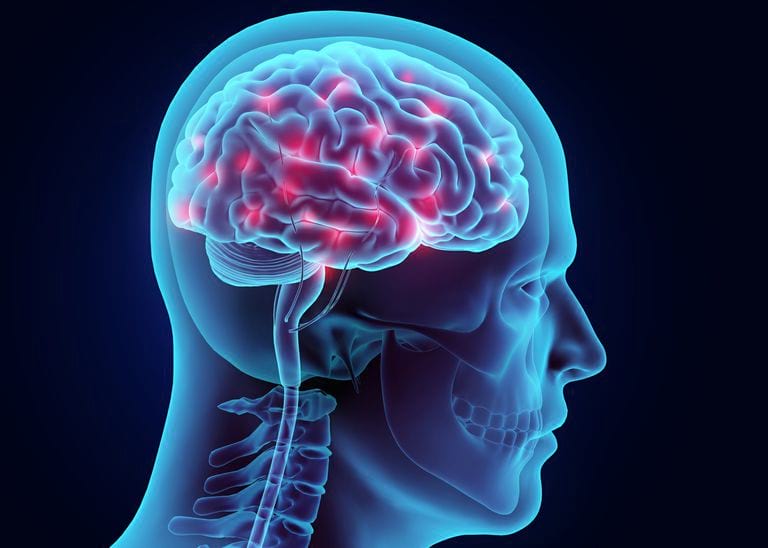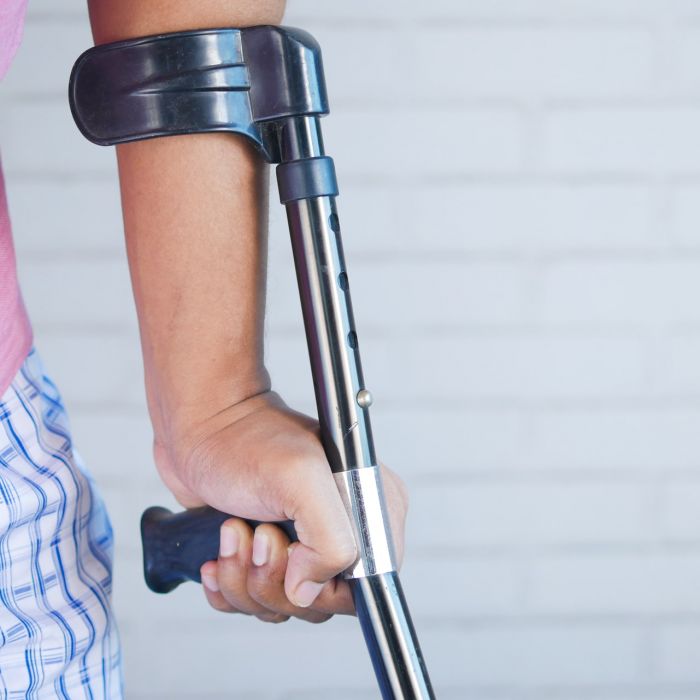Succeeding with a traumatic brain injury lawsuit (TBI) in Ohio requires presenting two types of evidence. The first type establishes the direct link between someone else’s negligence or recklessness and the traumatic brain injury. The second establishes the extent and compensability of the Ohio traumatic brain injury.
“Compensability” is lawyer-speak for “deserving compensation.” Compensation for a TBI can include past and future medical care costs, disability, lost income, pain and suffering, and non economic losses like being unable to care for children and fulfill the duties of a spouse.
Examples of Negligence in Traumatic Brain Injury
Each case requires its own specific evidence, but providing general examples is possible. For instance, a driver who causes a car crash that leaves a person in another vehicle suffering from a TBI would be negligent or reckless. Similarly, a patient who suffers a loss of oxygen during a surgery could possible be due to an anesthesiologist’s negligence.
Importantly, Ohio courts recognize the legal principle of comparative negligence. This means that, in order to succeed with an insurance claim or civil lawsuit, a TBI victim only needs to prove that the defendant bears 51 percent or more of the responsibility for inflicting the brain injury. Compensation may be reduced to reflect the amount of responsibility shared by the victim.
Showing That a Negligent or Reckless Act Inflicted a Traumatic Brain Injury
The evidence that a person suffered a TBI can be very clear-cut. For instance, almost no one will doubt that a fall or a crash caused by a truck driver that results in a fractured skull could seriously injure a person’s brain. Likewise, a person who becomes paralyzed or requires assistance with activities of daily living—getting in and out of bed, brushing one’s teeth, dressing—should encounter minimal push back when claiming to suffer from a traumatic brain injury.
However, closed head injuries can draw questions from insurance company representatives and jurors. In a case where legitimate doubts about the existence of a traumatic brain injury can be raised, the person who files an insurance claim or traumatic brain injury lawsuit can rely on:
- Diagnoses from doctors and medical specialists like neurologists;
- Assessments by occupational therapists and vocational experts;
- Examinations by psychologists and psychiatrists; and
- Testimony from friends, family members, and co-workers.
Statements made by the people who know the traumatic brain injury victim best will carry a lot of weight. The changes a person undergoes following a traumatic brain injury can be profound even if they are not immediately apparent.
Traumatic brain injury symptoms can include, but are not limited to:
- Headaches;
- Tingling and numbness in different parts of the body;
- Mood swings that run the gamut from deep depressions to uncontrollable rages;
- Difficulties forming and retaining new memories;
- Problems understanding and communicating ideas; and
- Trouble remembering to take care of oneself by, for instance, eating and bathing.
Loved ones and close companions can speak powerfully about these often hidden TBI symptoms that also take a toll on them.
Assistance From an Ohio Traumatic Brain Injury Attorney
Our experience in advising and representing traumatic brain injury victims in Columbus and across the state of Ohio is that insurance companies will try to minimize or deny settlements for even the most obvious brain injuries. This unfortunate reality makes gathering, organizing, and presenting clear, convincing evidence from experts and the individuals who live and work with the brain injury victim doubly important.
If you or your family needs help with a traumatic brain injury lawsuit case, let our Columbus traumatic brain injury lawyers know how we can be of service. We offer free consultations on all types of personal injury claims, and we take appointments online. You can also speak with an attorney at Barkan Meizlish DeRose Cox, LLP, by calling (614) 221-4221.



